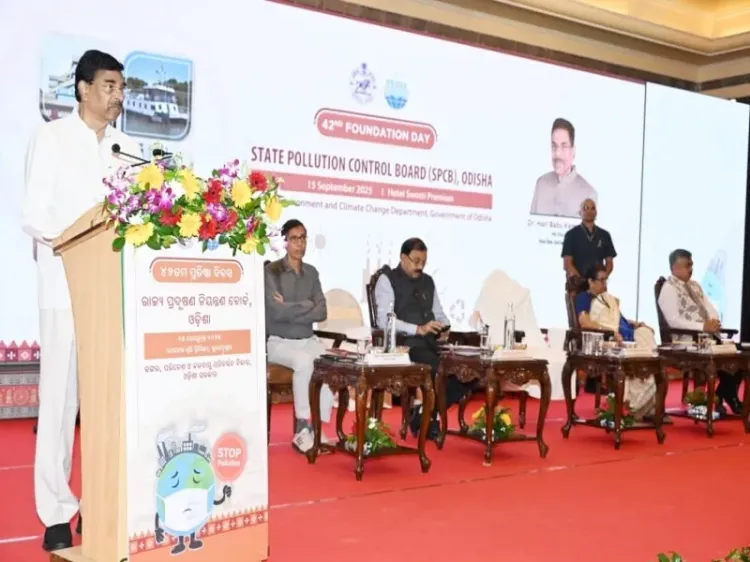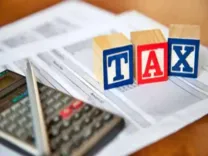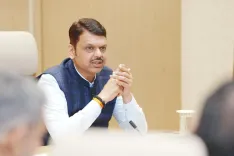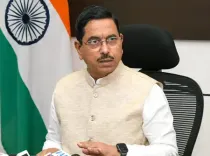Should Odisha Shift to Electric Vehicles?

Synopsis
Key Takeaways
- Electric vehicles significantly reduce pollution.
- Rooftop solar systems are economically beneficial.
- Community involvement is crucial in environmental initiatives.
- Government subsidies support clean energy adoption.
- Plantation drives enhance green cover and air quality.
Bhubaneswar, Sep 15 (NationPress) The Governor of Odisha, Hari Babu Kambhampati, made a compelling appeal on Monday for the public to embrace electric vehicles (EVs), particularly in the rapidly urbanizing areas of the state, underlining their significance in curbing pollution and reliance on fossil fuels.
Speaking at the 42nd Foundation Day of the Odisha State Pollution Control Board (OSPCB) in Bhubaneswar, Kambhampati stressed the necessity for collaborative efforts to protect the environment and secure a healthier future for all citizens.
He pointed out that the official fleet of the Raj Bhavan has transitioned to EVs, which has notably decreased its carbon emissions and serves as a model for others.
The Governor also recommended that residents consider installing rooftop solar energy systems, noting that these not only reduce electricity costs but also foster clean energy initiatives, allowing residents to take advantage of government subsidies available through related programs.
Reflecting on the OSPCB’s four-decade legacy, Dr. Kambhampati commended the Board for its role as a regulator, mentor, and collaborator in harmonizing rapid industrial growth with environmental stewardship.
“This occasion marks not just a milestone but a celebration of the Board’s comprehensive and forward-thinking approach to preserving Odisha’s environment,” he remarked.
He invited both citizens and students to actively engage in the state government’s extensive plantation initiative, commencing on September 17, during which 75 lakh saplings will be planted throughout Odisha.
According to the Governor, this campaign will enhance green spaces, improve air quality, and assist in combating climate change.
Dr. Kambhampati also praised the OSPCB for its endeavors in enhancing air quality, restoring rivers, and monitoring industrial activities and water bodies in real-time.
He applauded the state government’s efforts towards e-buses, EV subsidies, interest-free loans, and the broader adoption of rooftop solar energy through the PM Surya Ghar Yojana.
Describing pollution as a grave threat to health, livelihoods, and the future of upcoming generations, he urged people to minimize plastic consumption, manage electronic waste, conserve water, plant trees, and adopt renewable energy solutions.
Additionally, he encouraged the Board to set ambitious goals for the next decade, focusing on the promotion of green technologies, zero-waste industries, youth engagement, and the use of digital resources for environmental oversight.





